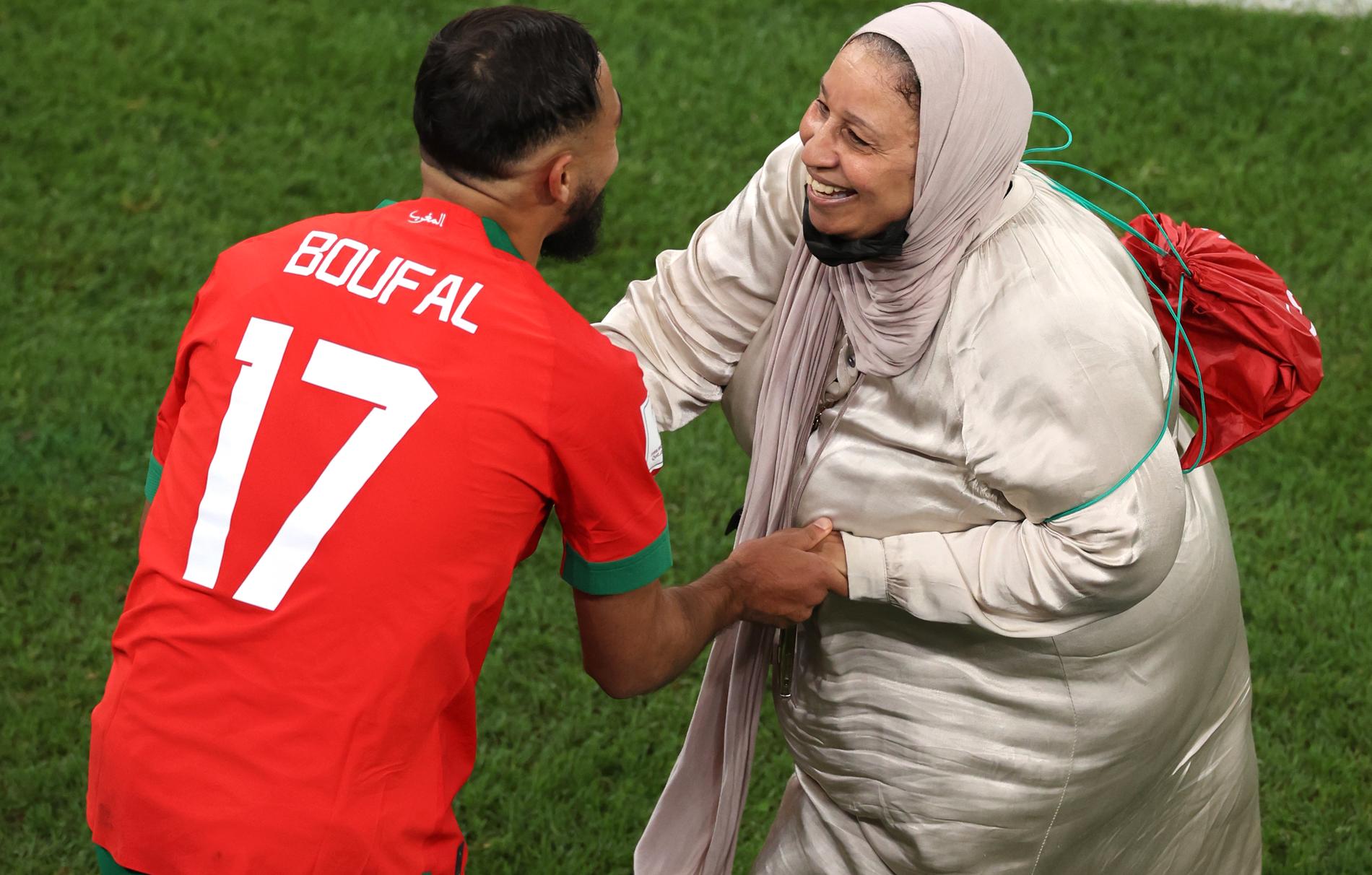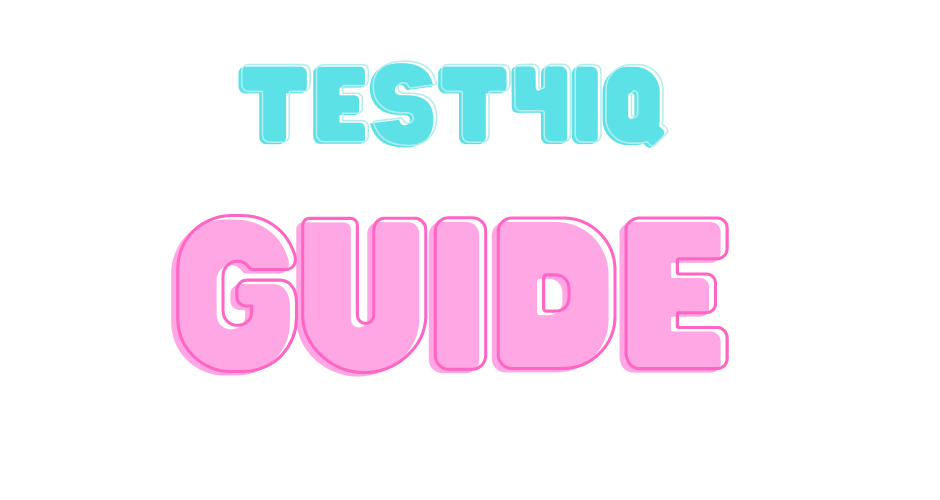Doha. Their fathers brought Morocco to the world, they themselves brought the world to Morocco.
They play for the king, they play for the motherland, they play for the whole of Africa – and welcome to the new and bigger world of football:
In two days, Morocco will play the semi-finals of the World Cup.
I wonder if Vahid Halilhodzic was watching?
I wonder if he heard the drums, and the whistles, and wonder if he saw the red bleachers, and the swirling scarves, and the flags of Palestine, and all those who were here to bring down a world order. Does he see Cristiano Ronaldo cry, does he see players in red clothes running and jumping and smiling and hitting each other because they don’t know what to do with all their feelings? Does he see them raise their coach to the skies of Qatar? How do they lie in prayer and dance in front of a red wall of crumbling bodies?
Two days ago, Bosnian world-class footballer Haliludzic stopped by a restaurant in France and spoke to a So Foot journalist about what could have been. He led Ivory Coast to the 2010 World Cup but was sacked, he did the same with Japan and Morocco, but all three times he was sacked between qualification and the tournament.
He built this Moroccan team, organized them, and wrote a long document on how they should play tight defense with marking play in midfield.
But he told the journalists to go to hell, and he completely broke up with Hakim Ziyech, so now he sits where he sits.
And here was Morocco.
They defeated Spain, and millions celebrated in the streets. King Mohammed VI was abroad with them.
– Instead of being in Qatar, I’m sitting here in the rain. This is lifeWith Valilhodzic.
Probably. But watching eleven of the Atlas Butters Lions play the quarter-finals against Portugal is forty million times longer life.
They are the team in the World Cup which is more like a club team, so defensively they are very well organized with a 4-1-4-1 on the straight and tight barriers (low against Spain, high against Portugal), they are aggressive, physical, skilled and brave including Enough to rush forward when he wins the ball.
What is Morocco how did they get like this? Why don’t they concede any goals?
What kind of football team shuts down Spain and takes on Portugal with half of their defense injured without blinking an eye?
If you ask the man who trains them: a milkshake.
“Make a milkshake out of it.”
There have always been talents with Moroccan passports, but they always disappeared along the way. Those who stayed in Morocco didn’t have the logistics that could point them in the right direction, those born around the world had a hard time finding a home in the national team.
But then they built the best football center in Africa, an academy in the name of the king on thirty hectares outside Rabat with lots of grass pitches, hybrid pitches, artificial turf pitches, rooms for 600 players and with state-of-the-art technology, “five times better than Clairefontaine.” According to Haliludzic .
But then they called Walid Regragui.
There was talk of Laurent Blanc, Andre Villas-Boas, and all the usual names, but it was Regragui who could unite them. He led Wydad to the CAF Champions League title, he had already won a title in Qatar (champion with Al Duhal in 2020), and he had a background that made him superior to others: he was Moroccan, but he was born in Qatar. Concrete suburb south of Paris.
Goalkeeper hero Bono was born in Montreal, Ashraf Hakimi grew up in Madrid, captain Roman Sayess was born in France, and the immortal machine Amrabat and star Hakim Ziyech are from the Netherlands. And here are the players from Paris and Belgium. More than half of the team was born abroad to parents who emigrated.
– Every country has its own football culture, so you make milk out of it, says Regragui.
He took Ziyash to his first team, united the team, and invited their parents and families to the hotel in Qatar. They are one.
Now an old woman in a headscarf stands celebrating Africa’s first place in the World Cup semi-finals, as she kisses her son: Sofiane Boufal, born in Paris, immortalized in Morocco.
They took on Portugal with the same fundamentals that worked against Spain, the same compact blocks and physical aggression – paired with just the right amount of grit and technique to clear the ball when they won it.

40 million lives before the finish line
Portugal had the ball, of course, Joao Felix fumbled and made a mess, but they were too slow and too poor in counter-moves. Ziyech ripped and threatened, and little Ezzedine Onahi showed he could dribble just as well in the World Cup as in Ligue 1, but when the goal came, it came from the King Mohammed VI Academy. Brilliant left-back Yehia Atiyat scored early long crosses, Rubén Dias and Diogo Costa fell asleep, and Youssef En-Nesyri, one of the talent factory’s first raw materials to be tried, headed home 1-0.
Portugal had a semi-final, Fernando Santos replaced Cristiano Ronaldo and Ravel Leão, and the game became more and more one-dimensional with participations against hopeless Morocco. They defended with everything they had, with six defensive lines, ten bodies in the penalty area, and 40 million souls in front of the goal line.
Sais was carried off on a stretcher, Ziyech had a cramp, Bono saved when Joao Felix shot, Walid Chedira was substituted and sent off, and when Amrabat ran a thousand miles, he ran another thousand. Morocco’s possession fell from ten seconds at a time to five and then two to one. But in the end, Cristiano Rando tearfully walked off the field at his last World Cup final, that was it. Morocco has survived, and they have not lived like now. No African football team has ever done that.
When they overthrew Spain, the king of Morocco received congratulatory calls from heads of state in Gabon, Senegal, Jordan, Palestine and the United Arab Emirates, from across Africa and the Arab world. Now Morocco will go into the World Cup semi-finals, against England or (Walid Agregis) France, with a team that can barely hold on and move forward.
I stood at the bottom of Europe and looked out at the Atlas Mountains, two miles away on the other side of the strait. I’d like to do that now, to see if they come close.
